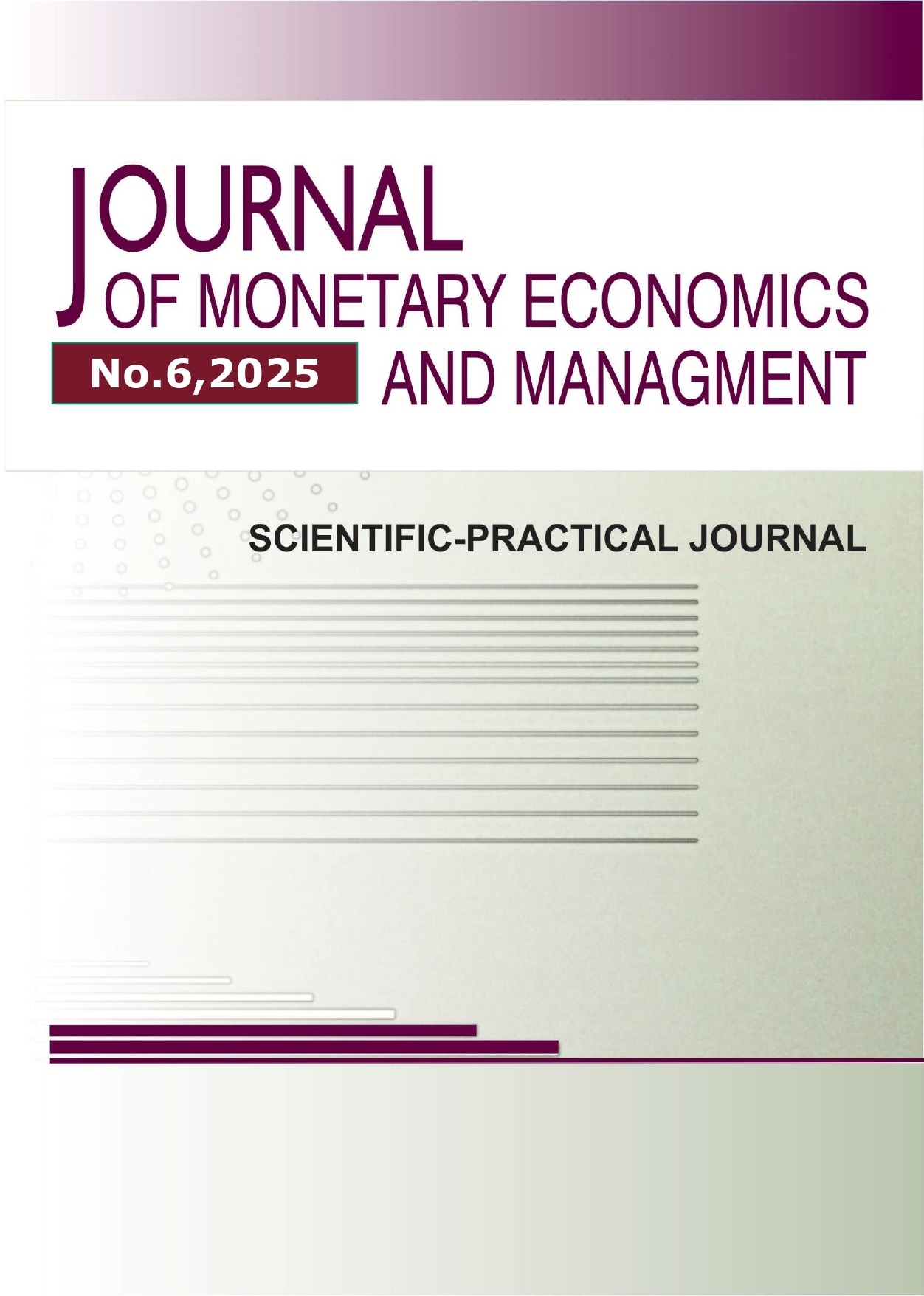employee
The Lerner equivalence theorem is considered, indicating the symmetry between the introduction of import and export duties, drawing attention to the non-obvious conclusion that the establishment of an import tax entails the same negative consequences for the economy as the establishment of a similar export tax, in their impact on the consumption and production of goods, their prices and quality. It is indicated that a reduction in imports will, in fact, be equivalent to a reduction in exports. It is argued that consumers will actually pay import taxes, which will negatively affect their well-being, and the imposition of taxes will adversely affect international trade and the global economy as a whole. It is emphasized that government authorities making decisions on the introduction of import duties need to take into account not only their benefits for the national industry, but also the non-obvious economic consequences of trade policy measures that disrupt the market balance. It is concluded that the Lerner equivalence provides a fundamental basis for reducing trade barriers and against protectionist policies. The theses studied above are discussed and justified, in particular, by pointing out the negative consequences of the adoption of high import duties in the United States at the end of the 19th century, which led to reduced competition, with all the negative consequences of this, such as a significant increase in consumer prices for goods under protectionist coverage, a reduction in the purchasing power of citizens, primarily those with low incomes, reduced incentives to improve products. The implications of high tariffs for domestic political struggles in the United States and for their trade relations are examined.
import duty, export duty, weakening of competition, consumer purchasing power, world economy, trade relations, international trade, national industry, market equilibrium
1. Bhagwati Jagdish N. Lectures on international trade. — Oxford University Press, 2003. — ISBN 0195664426.
2. Casas, Francois. Lerner's Symmetry Theorem Revisited. Keio economic studies, Keio University, Vol. 28, No.1, 1991, p.15- 19.
3. Irwin, Douglas A. “Changes in U.S. Tariffs: The Role of Import Prices and Commercial Policies.” The American Economic Review, vol. 88, no. 4, 1998, pp. 1015–26. JSTOR, http://www.jstor.org/stable/117017.
4. Lerner. A.P. The Symmetry between Import and Export Taxes // Economica. — 1936. — August (vol. 3, iss. 11). — P. 306-311. — ISSN 0013-0427. — doihttps://doi.org/10.2307/2549223.









